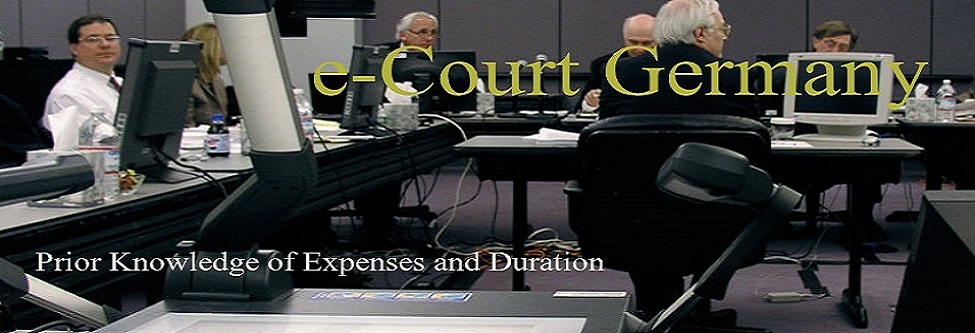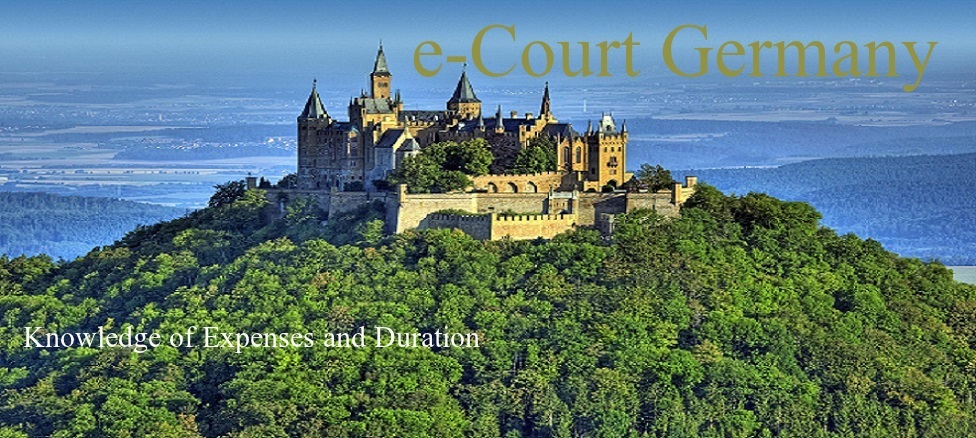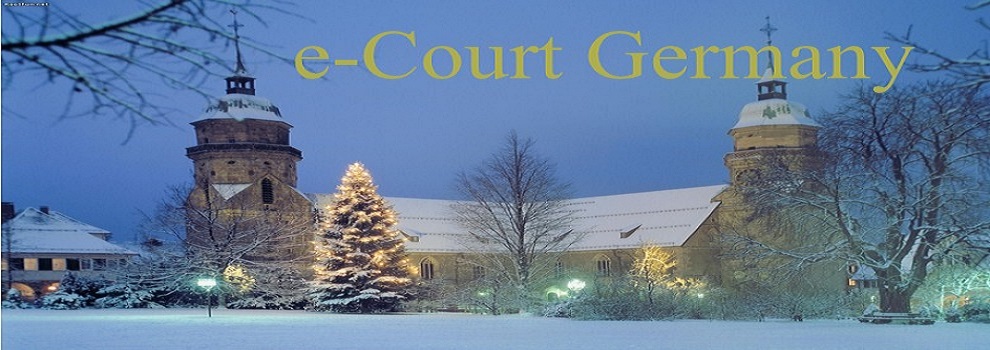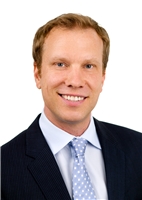The way we resolve disputes, however, has not kept up with other
business functions. Commercial transactions may circle the globe in
milliseconds, but if a problem arises, resolutions are still largely tied
to separate geographical jurisdictions and in-person, paper-bound
processes. If business is now largely virtual, dispute resolution is still
primarily an in-person endeavor.
One might argue that applying technology to the law with e-filing and
legal process outsourcing and ABA Tech Show are sufficient to keep up with
the speed of commerce. But adopting these types of technologies, which
merely enable preexisting processes to work more efficiently, is
insufficient.
We believe that the time has come for the law to embrace the
transformative power of technology. If the law is to stay relevant to the
challenges presented by global and online business, the system must be
reinvented to adapt to the new realities of a networked world.
Enter Alternative Dispute Resolution, or ADR. ADR has long promised
efficiency as one of its primary benefits. ADR can save time by expediting
processes, providing expert neutrals that require less orientation, and
cutting back on delaying tactics and endless discovery. Traditionally we
have thought about ADR as, literally, an alternative process. There in the
name it is clear that ADR is an alternative to the courts. As Harvard Law
Professor and conflict resolution scholar Robert H. Mnookin has put it, ADR
works “in the shadow of the law,” always acting as an
alternative, never the default.
DEFAULT PROCESS FOR NETWORKED WORLD But the interesting reality is that
ADR is a much better fit with the newly networked world than the more
traditional models represented by the courts. Paradoxically, as business
becomes more global in its effort to increase efficiency and reduce costs,
existing offline legal processes tend to become less efficient and more
costly. In addition, for the majority of online disputes, the courts are
simply not a workable option. The amounts are so low, and the jurisdiction
is so confused, that the courts are really irrelevant for most cases that
arise online. A new kind of ADR, or ODR (online dispute resolution) as it
is being called, offers unique benefits for this new world of cross-border
and low value disputes. As Ethan Katsh, director of the Center for
Technology and Dispute Resolution, has put it, “there is no A in
ODR”—so ODR becomes the default process for online disputes.
This new reality means that for the first time, a global redress system is
being built entirely upon private dispute resolution, instead of relying on
the law.
Read more »



















